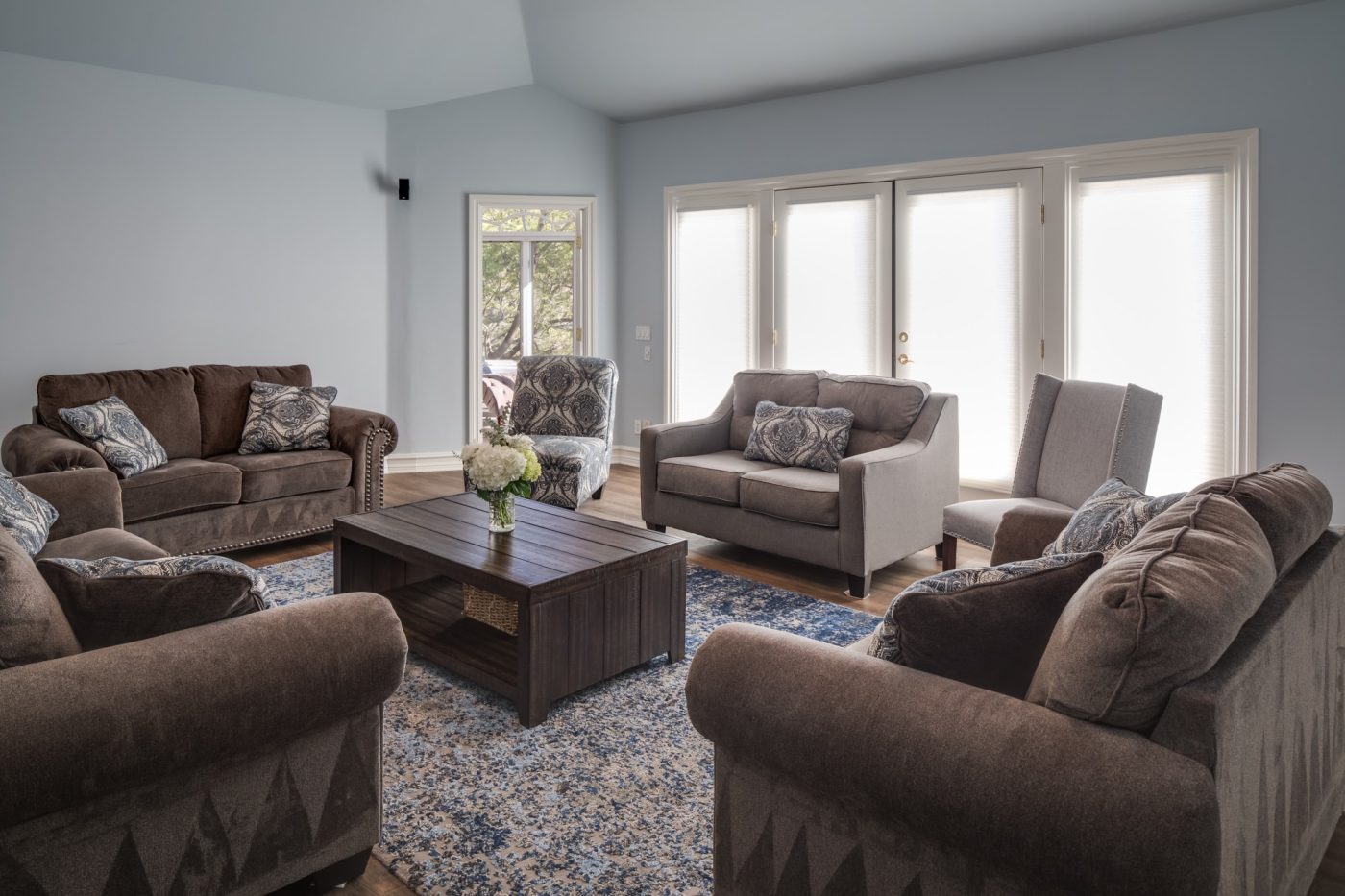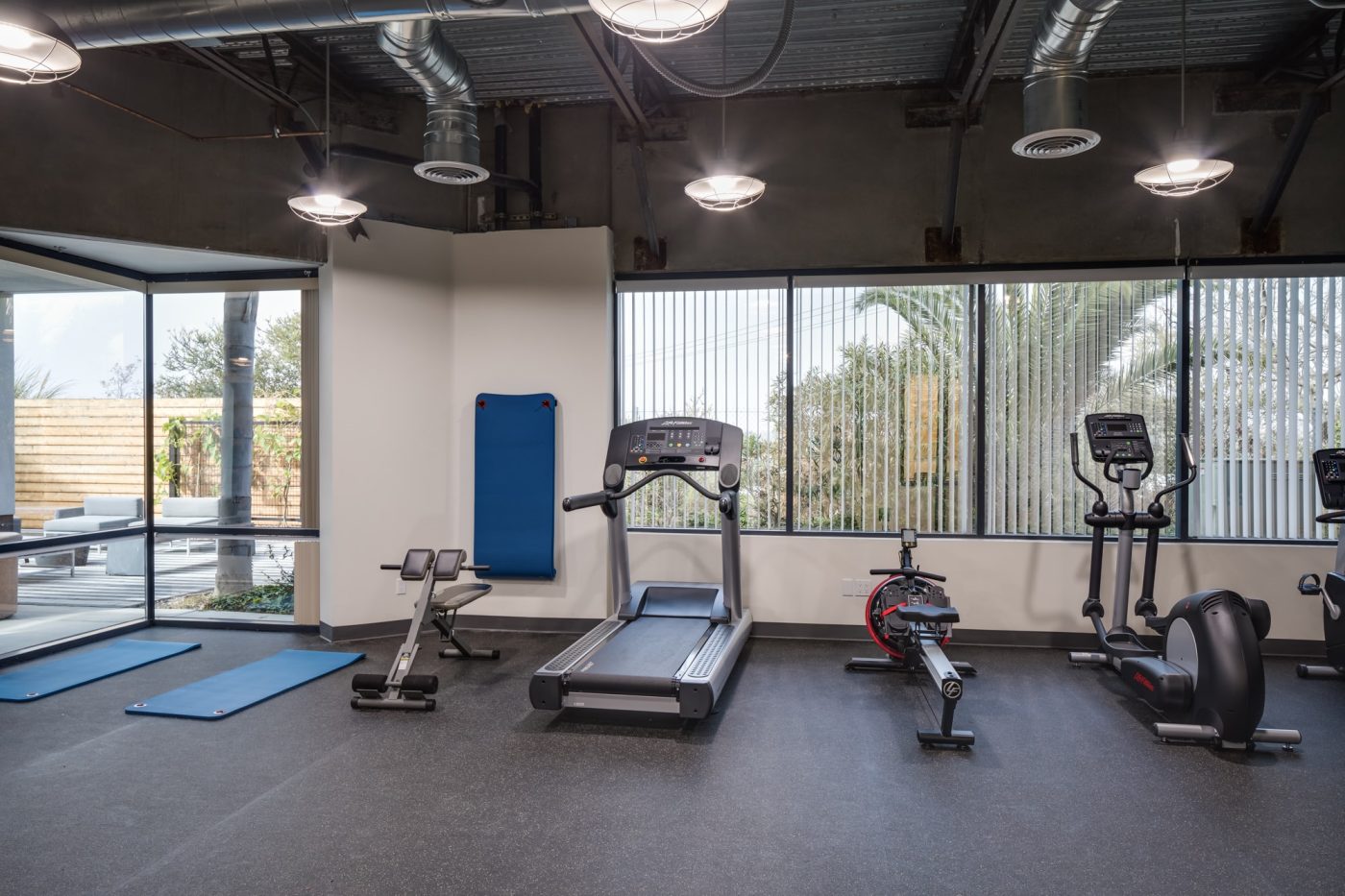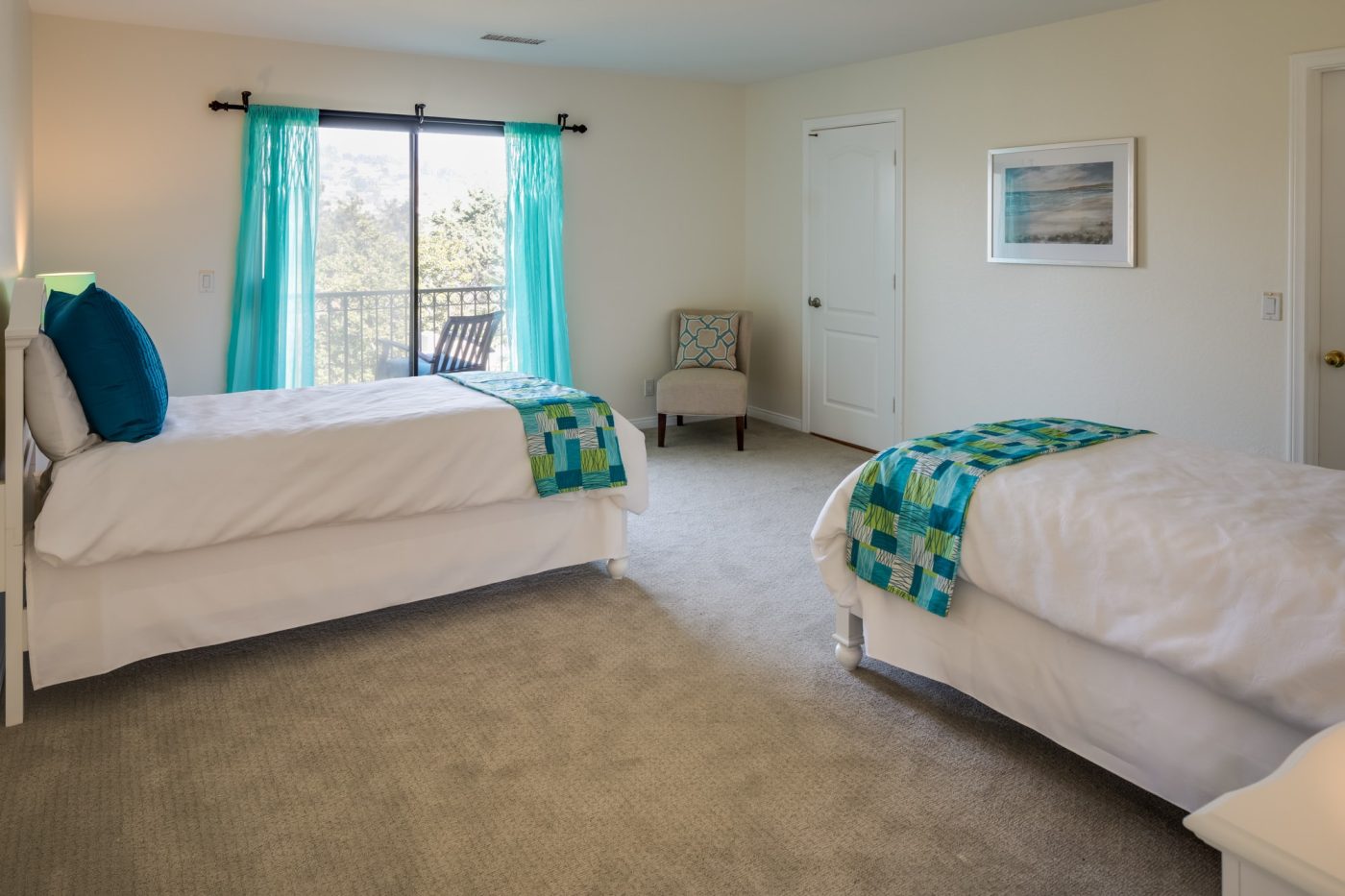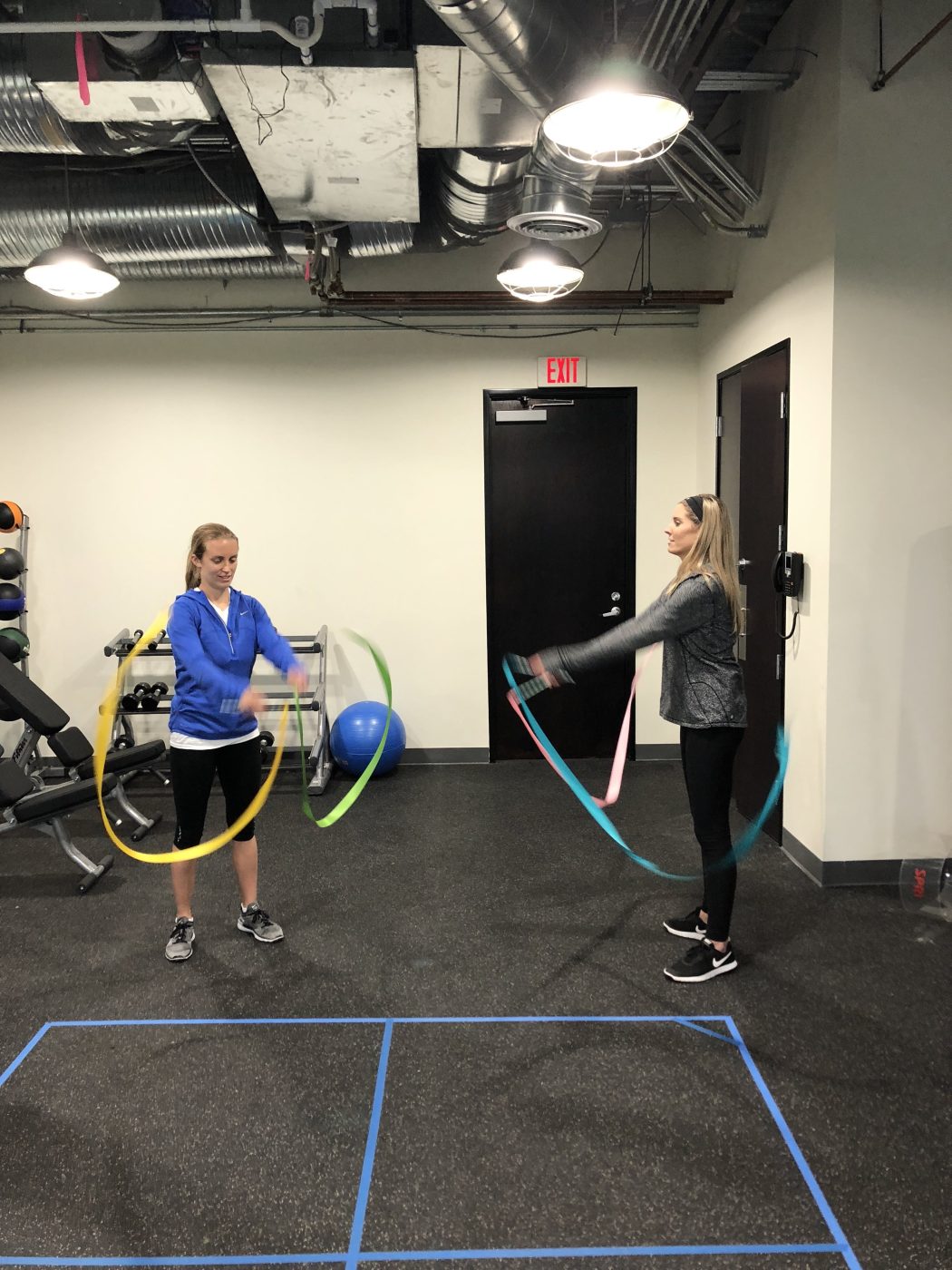Proudly serving Southern California, Montecatini Eating Disorder Treatment Center has helped transform the lives of females, ages 12+, struggling with binge-eating disorder for over 30 years.
Binge-Eating Disorder Treatment
Learn more about binge-eating disorder treatment at Montecatini Eating Disorder Treatment Center in Southern California
At Montecatini, we understand that binge-eating disorder is a serious eating disorder that can have a profound physical, emotional and social impact on an individual.
Binge eating disorder was officially recognized as an eating disorder when it was added as an Axis 1 diagnosis in the Diagnostic and Statistical Manual of Mental Disorders (DSM-V). This recognition has helped distinguish BED and raise awareness regarding this eating disorder that affects millions of people. The DSM-V criteria for BED is characterized by recurrent episodes of binge eating occurring at least once a week for three months, eating a larger amount of food than normal during a short time frame (any two-hour period) and lack of control over eating during the binge episode (feeling you can’t stop eating or control what or how much you are eating).
Binge eating episodes are associated with three or more of the following:
- Eating until feeling uncomfortably full
- Eating large amounts of food when not physically hungry
- Eating much more rapidly than normal
- Eating alone out of embarrassment over quantity eaten
- Feeling disgusted, depressed, ashamed, or guilty after overeating
Individuals with BED can experience immense shame, guilt and embarrassment which may discourage them from seeking treatment.
Our hope is that Montecatini can be the place where real freedom and inner-peace begin.
Helping a Loved One
Helping a loved one get treatment for binge-eating disorder (BED)
Eating disorders can be painful not only for those suffering from them, but also for the people who love someone with an eating disorder. Perhaps your loved one is a friend, daughter, partner, relative, or sister. The strain of watching her suffer from the physical and emotional effects of binge-eating disorder, combined with a feeling of being unable to do anything to help, can be entirely overwhelming. Thankfully, however, you can take the following steps to help your loved one find healing:
- Educate yourself about the signs, symptoms, and effects of binge-eating disorder. The better you understand what your loved one is experiencing, the more prepared you will be to provide effective and empathetic assistance.
- Get help. Talk to trusted friends and family members. Express your concerns, share your knowledge, and empower them to form a support network that can be an invaluable source for your loved one before, during, and after she is in treatment.
- Research rehab options that have helped others whose situations were similar to what your loved one is currently experiencing. Identify programs that provide the type of care that is best suited to your loved one’s unique needs.
- Share this information with your loved one and the other members of her support network. With her consent, set up appointments to meet with professionals, tour programs, and find the right place to get help.
- While your loved one is in treatment, remain an active source of support and encouragement. If you are able to participate in family therapy sessions or other activities for loved ones, make every effort to do so.
- Do not neglect your own needs. You and the other members of your support group cannot provide optimal support if you are failing to address your own physical, emotional, and spiritual needs.
- Consider attending our free ANAD Family and Friends Support Group that we host the first Wednesday of every month.
Finally, do not lose sight of the fact that recovery from binge-eating disorder is a long-term experience, and your loved one will need continual support. Plan to be an active, positive presence every step of the way.
Why Consider Treatment
Why consider treatment for binge-eating disorder
Binge-eating disorder is a serious mental health condition that, in the absence of effective professional intervention, can lead to a wide range of negative physical and psychological outcomes. For example, the shame and guilt that are associated with binge-eating disorder can have a drastic impact on a person’s self-worth and self-esteem, and can significantly lower quality her of life. Anxiety, depression, self-isolation, and suicidal ideation are among the many psychological risks of untreated binge-eating disorder.
Why consider Montecatini
- Treatment is provided in a warm, family-like atmosphere.
- Programming is supplied by staff who demonstrate true empathy.
- Customized, multi-dimensional treatment plans are created for each patient.
- Skill-building opportunities are provided so that patients can learn to integrate healthy behaviors into daily living.
- Personalized, consistent care is afforded to each patient.
- Comprehensive family support and therapy are integral parts of treatment at Montecatini.
- Simultaneous treatment for co-occurring disorders is available.
- Renowned medical and psychiatric management round out the therapeutic services we offer.
- Nutrition therapy is factored into each patient’s treatment in order to help them reestablish a healthy relationship with food.
- A full continuum of care is offered in order to ensure each patient’s long-term recovery.
At Montecatini, we believe that no matter how long you have suffered from an eating disorder, recovery is possible and hope is manifested daily, as we work together in support of your long-term healing and inner-peace.
Types of Treatment
Types of binge-eating disorder treatment offered at Montecatini Eating Disorder Treatment Center
Since treating our very first patient in 1991, Montecatini has helped inspire and transform the lives of hundreds of women. We are nationally recognized as a leading provider of eating disorder treatment and are dedicated to helping our patients resume their lives as healthy, joyful individuals who are ready to live to their fullest potential. Women ages of 12 and up can heal in our residential, partial hospitalization, and intensive outpatient programs. These programs are designed to help our patients overcome anorexia nervosa, bulimia nervosa, or binge-eating disorder, as well as co-occurring mental health and substance use disorders.
Montecatini is located just three miles from the Pacific Coastline in picturesque Carlsbad, California. The center itself exudes the comfort and safety akin to being at home, and our staff puts forth every effort to ensure that the atmosphere we create is both peaceful and conducive to recovery. Each patient is treated with the utmost respect and dignity, and her care will be personalized to her unique history, challenges, life experiences, and needs.
Our staff of passionate and devoted professionals, many of whom have overcome their own struggles with eating disorders, work in close collaboration with each patient who comes to us for treatment. By creating personalized plans for each person who chooses to heal with us, we are able to provide the highest quality of care while honoring the individuality of each patient. Depending upon the outcome of an initial assessment, patients may have the following interventions incorporated into their customized treatment plans:
Medical care: For patients who are medically stable, yet still require additional care for their physical health as they navigate the recovery process, Montecatini is pleased to offer renowned medical care. As a distinguished provider of eating disorder treatment, we recognize that the physical health of our patients can be compromised by the presence of an eating disorder. We also partner with specialists in San Diego to ensure our patients’ medical needs are appropriately met.
Medication management: When a patient comes to us battling a mental health condition in addition to an eating disorder, she may benefit from the inclusion of certain medication(s). Our psychiatrist is available to meet with patients once per week to assess medication needs, prescribe medication, and adjust dosages as needed. Physician’s assistants and nurses are also available to monitor the effectiveness of any medication that is prescribed and to ensure that patients are adhering to medication regimens.
Individual therapy: Individual therapy occurs three times per week. Each patient meets with her assigned primary therapist in a one-on-one setting, which is an excellent forum to assess progress and discuss setbacks and successes that have occurred during treatment.
Family therapy: Each patient’s family members are invited to participate in family therapy sessions while their loved one is receiving treatment. This treatment method, offered once per week unless indicated otherwise, is designed to heal emotional wounds and promote unity among our patients and their primary support networks.
Group therapy: Offered up to five times per day, group therapy is a key component of rehab treatment at Montecatini. Led by therapists, registered dietitians, nurses, patient assistants, yoga instructors, and art therapists, group therapy covers a wide range of topics that can further the recovery process and provides an excellent forum for patients to gain support and encouragement from staff members and other patients. Groups that may be incorporated into patient’s treatment plan include the following:
- Interpersonal process group
- Dialectical behavior therapy (DBT)
- Cognitive-behavioral therapy (CBT)
- Expressive arts therapy
- Relapse prevention
- Body image
- Integrated care group that is focused on substance use
- Nutrition counseling and education group
- Spirituality/12-Step group
- Yoga
- NIA
- Mindfulness/meditation
- Action planning
- Family weekend incentives
- Outside 12-Step group
- Exposure therapy
- Menu planning and meal preparation
- Food and feelings group
Experiential therapy: In order to help our patients nurture the mind-body connection and apply learned skills in real-world settings, we are proud to offer a number of experiential therapy opportunities. Experiential therapies complement the other therapeutic interventions we provide and typically take place once per week. Depending on the patient’s needs, the following may be part of her personalized rehab treatment plan:
- Clothes shopping
- Restaurant outings
- Beach trips
- Grocery shopping
- Challenge food outings
- Group dinners
Our experienced staff members, many of whom have specialized training in therapeutic techniques and treating a myriad of co-occurring conditions, assess patients’ needs on an ongoing basis and can recommend additional interventions if they are determined to be conducive to a patient’s recovery.
Because we realize that the recovery process does not end with the completion of residential rehab, Montecatini purposefully begins preparing our patients for discharge on the day they are admitted to our program. Many of our patients transition to our partial hospitalization program (PHP) after completing our residential rehab, and then step down to our intensive outpatient program (IOP) after completing PHP. Each patient’s primary therapist determines and coordinates the most appropriate follow-up and aftercare services, and alumni of our program are welcome to attend our weekly support groups and Alumni Events and Celebrations for a long as they wish. Our goal is to help our patients return to lives that are not only functional, but joyful and deeply supported as well.

























